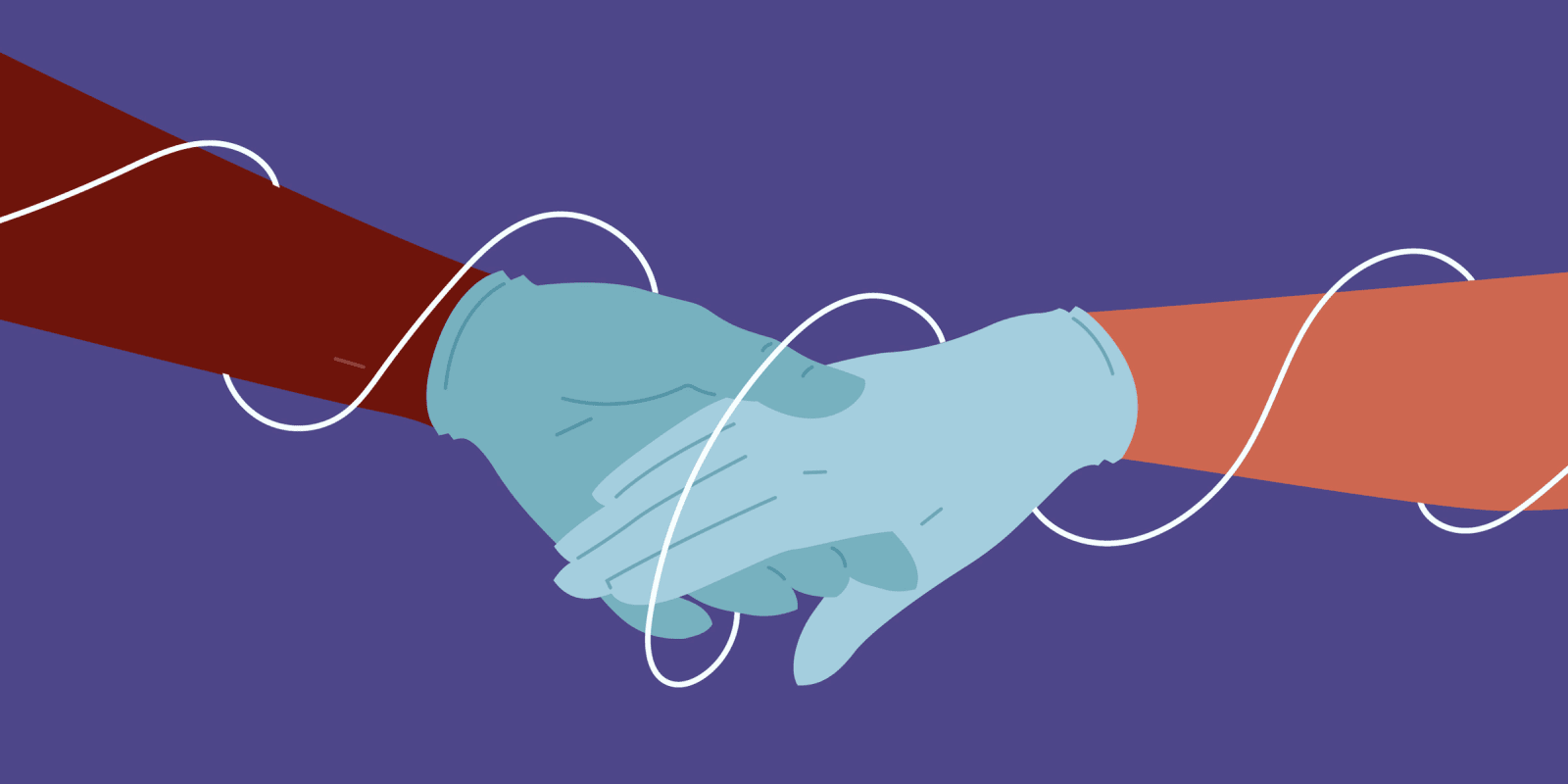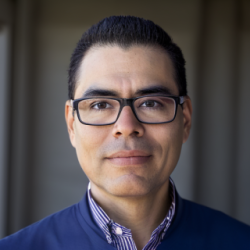We all know life is in transition, and we all go through different changes during our careers, from personal to professional growth. We all strive for a reasonable work-life balance.
Early in my career, after completing my residency training, I was discouraged by many of my mentors from pursuing a hospitalist career. The common agreement at the time was that hospital medicine was the recipe for burnout, and a fellowship offered me a path to a more sustainable career in medicine.
Regardless of that advice, I persisted and became a hospitalist. I enjoyed my work and, to some extent, the schedule, which allowed me to travel a lot while my daughters were younger. However, shortly after joining my team, I realized the innumerable challenges within our practice, from a lack of EMR customization, to a lack of administrative support. Despite all that, I continued advancing in my career to the extent that I was offered the position of medical director. I started my administrative journey, and I thought that I could try to lead a change within our group. Indeed, a lot of positive changes were accomplished, from successful recruitment to a more stable and flexible schedule; however, I started to experience (what started earlier but was ignored) symptoms of burnout that for me manifested as increasing fatigue and irritability, emotional exhaustion, and feeling disconnected from the rest of my team.
My approach at the time was to double down on my leadership journey and complete a certification as a physician executive. I was making great connections and now driving a positive change at the organization and health care system level. However, I continued to clearly experience conflict, from my work accomplishments to my burnout symptoms. This directly affected my personal and family life, as I felt I wasn’t spending enough time with them. This caused a lot discomfort from holding conflicting beliefs around my professional goals and personal values. This has been described as cognitive dissonance. In my case, I was torn between the satisfaction of my work accomplishments and the toll that burnout was taking on my personal life.
At the time, the best option available to me was to get to another position with more administrative time; however, the challenges grew exponentially and my quality of life (physically and mentally) declined. I wasn’t any more stable or happy (as I was expecting), but I was growing more frustrated and having increasing doubts about my purpose. This is called arrival fallacy, which is a phenomenon where individuals believe that reaching a certain goal or milestone will bring complete happiness and satisfaction. However, once that goal is achieved, they realize that it did not bring the fulfillment they expected.
I decided to take a step back and reflect on my situation. I realized that I needed to prioritize my well-being and make changes to avoid further burnout. I started by implementing self-care practices such as exercise, meditation, and spending quality time with my loved ones. I also focused on organizing my finances through budgeting to get more literate about investing. I decided to quit my directorship journey and start a new path, but then experienced increasing self-doubt and a feeling of inadequacy and failure. This is commonly described as impostor syndrome, a phenomenon where individuals doubt their accomplishments and have a persistent fear of being exposed as frauds. However, I pushed through those doubts and explored different career options.
I began exploring other career options within medicine that would allow me to have a better work-life balance and a more flexible schedule. I also researched telemedicine opportunities, and gradually I was able to find a better alignment between my work and personal life. During my journey, I also sought support from colleagues, friends, and mentors who had experienced burnout themselves. I also found the help of a coach invaluable in helping me navigate this challenging time.
As I continued to make changes and prioritize my well-being, I started to notice a positive shift in my overall happiness and satisfaction. I felt more fulfilled both personally and professionally. As I continued on this new path, I also focused on setting boundaries and advocating for myself. I learned to say no to an excessive workload and delegate tasks when necessary. Additionally, I started to grow my network with physicians and non-physicians who were thriving inside and outside of medicine. I decided to become a certified coach and create a coaching program for physicians either experiencing burnout or pursuing career transitions inside or outside of medicine.
When I look back, I see I learned several lessons along the way:
1) It took me too long to seek help (at the time, I thought this was nonexistent). My message to anyone: It’s OK to get help if you are burnt out. It requires courage to acknowledge your struggles. Look for a mentor or coach, and build a supportive community.
2) I wish I had had a more structured path during these career changes. You learn from experience.
3) You can bring joy and happiness into your life now. You don’t have to wait for any change to happen. Try to avoid letting your circumstances control your life. Take care of your mind and body, and strive for self-improvement every day. Remember, happiness is a choice available to you at any time.
4) There is power in building a community. Surround yourself with colleagues, friends, or anyone who shares your values and challenges and supports you at the same time.
5) Besides the typical medicine-related meetings, attend events outside of medicine. There are a wide variety of career paths for physicians. We have the toolkit to be successful in any new venture inside and outside of medicine with the right mindset and support.
6) Focus on process improvement instead of only setting goals. Focus on the parts of the journey that you can control (your thoughts, your emotions, and your choices); the rest is just noise. Remember, the quality of your decisions will determine the quality of your life.
I strongly believe in building sustainable routines that we can implement for long-term growth and success in our lives. It's important to prioritize self-care and make time for activities that bring us joy and fulfillment. This includes setting boundaries and saying no when necessary and ultimately, focusing on continuous self-improvement along with making quality decisions that align with our values.
Dr. Miguel Villagra-Diaz is an internist in Reno-Sparks, NV. He specializes in hospital medicine and is experienced in lifestyle medicine, quality improvement, and patient satisfaction. He also practices Telemedicine in different locations. He has several side businesses including real estate and a physician coaching program. He is a Certified Physician Life Coach and focus on burnout management and career transition.
Image by fedrelena / Getty






